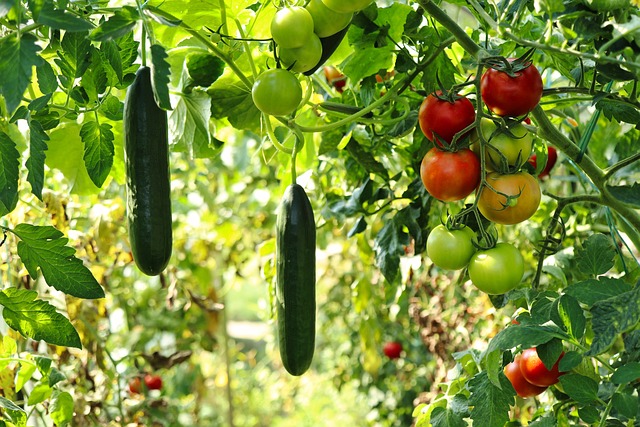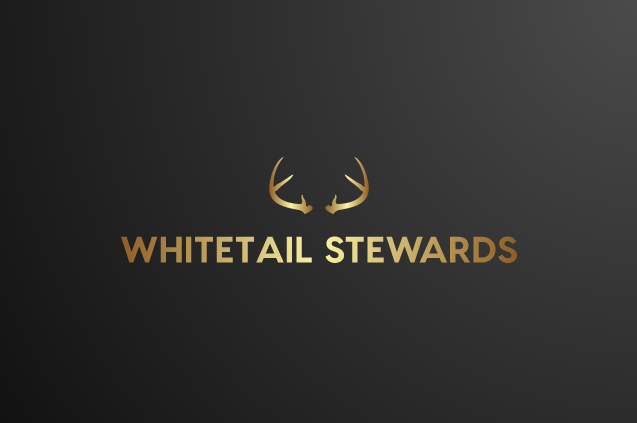Do Deer Eat Cucumbers?
Yes, deer will occasionally eat a cucumber. However, cucumbers are not a preferred food source for them and if there are other, more desirable plants like carrots in your garden, the deer will likely choose those over cucumbers. Deer also tend to stay away from cucumber plants as well since they are sort of prickly or fuzzy.

As a gardener, it's essential to protect your plants from deer and other pests. By setting up perimeters around your plants, covering any vegetables you want to protect, and using audio deterrents or infrared lights, you can keep unwanted visitors at bay.
This article will explore the relationship between deer and cucumbers, their preferences, and how to protect your crops from these harmless but hungry creatures. So, if you are a nature lover or a gardener seeking advice, this post is for you!
What Deer Eat
While it's true that deer will eat cucumbers if they're hungry and no other options are available, they generally don't prefer them. In fact, cucumber plants tend to be avoided by deer due to their thorns and prickly leaves, which can make them uncomfortable. So if you're worried about deer feasting on your cucumbers, know that it's not their first choice of snack. It's always wise to protect your crops from any potential visitors, regardless of their favorite foods. There are typically many other plants that deer prefer more than cucumber in the summer.
Deer Tend To Avoid Cucumber Plants because of their thorns
When it comes to cucumber plants, deer tend to steer clear due to the thorns that can grow on them. Fearful of getting hurt, deer will look for other vegetables and plants in your garden to munch on instead. However, it's worth noting that fawns may try eating cucumbers as they are still learning which vegetables are safe to eat. Overall, while cucumbers may not be a top choice for deer, it's still wise to protect your crops from potential visitors.
Deer Usually Prefer Other Vegetables and Plants In Your Garden
Even though deer will eat your cucumbers if they are hungry enough, they tend to prefer other vegetables and plants from your garden. Cucumber plants have thorns which deer will avoid out of fear for getting hurt. Instead, deer will go for vegetables they find easier to eat and have a duller taste. For example, deer love lettuce, cabbage, spinach, and to a lesser extent, turnips and broccoli. Keeping your garden closed off, setting up perimeters, and covering your vegetables can all help deter deer from eating them.
Other Wildlife that Eat Cucumbers
Rabbits and Moles
Aside from deer, other garden pests you may have to deal with are rabbits and mole rats. These critters can cause significant damage and create holes and tunnels in your lawn and garden beds. They also have a fondness for eating plants, including cucumbers. To prevent these pesky animals from feasting on your precious produce, you may want to consider using natural deterrents like garlic or onions to keep them away. Planting marigolds or sprinkling chili powder around your plants might also help keep them at bay.
Insects and Common Garden Pests
Insects and common garden pests can be a headache for any gardener, and cucumbers are no exception. Slugs, beetles, cabbage flies, moths, and worms are just a few of the pests that may target your cucumbers. Using pesticides can harm other wildlife in your yard, so it's better to opt for natural solutions. Consider growing your cucumbers in raised beds and cover them with netting or tubing to keep pests at bay. Checking your plants frequently and removing any pests by hand can also be effective.
How To Protect Cucumbers From Wildlife
Setting Up A Perimeter To Protect Your Plants
Setting up perimeters around your plants is one way to protect your cucumbers and other vegetables from deer and other garden pests. A fence or netting around your garden can keep them out, while raised beds and tubing can prevent them from reaching your plants. It's also important to check on your vegetables frequently and avoid using pesticides, which can harm other wildlife in your yard. By taking these measures, you can keep your garden safe and enjoy a bountiful harvest.
Cover Or Secure Any Vegetables You Want To Protect
Another way to protect your vegetables from potential damage is by preventing animals from reaching them. This can be done using fencing or covering them up. Fencing is a good solution but can be expensive. Netting and tubing tend to be effective options for helping vegetation to keep growing without being eaten by pests. Raised beds are also ideal if you’re worried about smaller animals feasting on your crops. Check on your plants frequently and avoid using any pesticides, as chemical sprays could spoil your vegetables or even cause harm to other wildlife in your garden. So, keeping your garden healthy and intact is all about taking the necessary steps to ensure its protection.
Using audio deterrents or infrared lights to scare away potential visitors
Another effective way to keep deer from munching on your cucumbers is by using audio deterrents or infrared lights. These methods give off a startling sound or bright light that will scare deer away from your garden. As a result, they’ll be less likely to return and snack on your vegetables. Plus, this method is humane and doesn't involve any harmful chemicals or physical barriers. Just be sure to choose a device that’s designed for deterring deer specifically.
Sources: https://www.evergreenseeds.com/do-deer-eat-cucumber-plants/
